Today, I will be sharing useful tips for sensitive skin. I have been struggling with eczema for many years. I never had it as a baby or growing up, but developed the condition when I was an adult. I can’t remember exactly when I started having issues with my skin, but I do know that it’s been more than twenty years now. There is no real cure for eczema, but there are ways to manage the condition a little better.
What is Eczema?
If your skin is prone to itching and turning red, you might have eczema. Eczema is a common condition in kids, but adults can have it too. It is also referred to as atopic dermatitis. The word “atopic” refers to allergy and usually people with eczema frequently struggle with asthma and allergies too. There are various forms of eczema, each kind with its own set of triggers and symptoms. Apart from my eczema, I struggle with sinus, allergies, and bronchial asthma.
Certain times of the year it can be particularly bad. In winter my skin dries out and causes my eczema to flare up. Even during Summer my eczema can act up during those extremely hot and humid days. The thing is, there are not many ointments and/or creams that I can use on my skin. I generally try to avoid everything because even “harmless” product just makes the symptoms worse. My eczema tends to present itself in different areas in my body. Sometimes it will be on my chest and neck area while other times it will be in the folds of my arms, my feet, inside of my fore arms and on my legs.
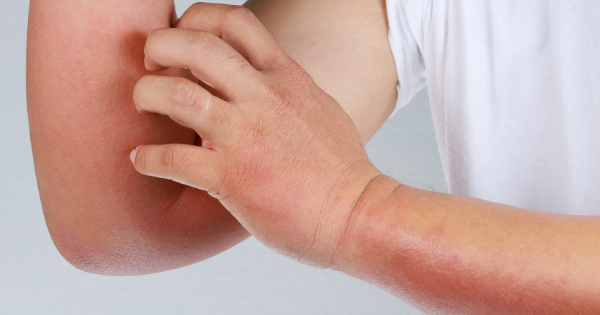
What Works For Me
I sometimes use an ointment that I get from our local pharmacy which contains cortisone when my eczema rash is particularly bad. However, using cortisone ointment long-term is not recommended as it makes your skin very thin with prolonged use. A few years back I had extreme eczema and nothing I tried seemed to work. It only got worse. I had rash on the back of my legs, my back, and the inside of my fore arms. So, my Dad showed me an advertisement in the Sunday paper about Miracle Comfrey cream. I looked at the pictures of people that had wounds and serious skin conditions that showed close-to-miraculous results.
So, I thought what the heck, I might as well give it a try, since nothing else I used seemed to alleviate my symptoms. At this point, my skin was raw from scratching and quite painful. Miracle comfrey ointment worked for me. Within days my skin looked a lot better and the rash cleared up. It might work for you to. You can buy it from Dischem pharmacies, Takealot, or you can order directly from the Miracle Comfrey website. They stock various products that include soaps, ointments, oils, bum cream, and more.
Commonplace Symptoms For All Kinds of Eczema
- Itching which can be quite intense at times
- Redness
- Scaly, dry skin
What is The Difference Between Dermatitis And Eczema?
The words “dermatitis” and “eczema” are typically used interchangeably, even though particular conditions are more frequently referred to as either one. Certain kinds of skin conditions are called only one of these two. For instance, many doctors will use eczema and atopic dermatitis interchangeably, however, will not replace the word “eczema” with “contact dermatitis”.
There are various distinct kinds of both dermatitis and eczema, and to make things even more complicated, you might have more than one kind simultaneously. While both dermatitis and eczema can lead to itching and redness, certain types also result in peeling or blistering.

14 Useful Tips for Sensitive Skin
Eczema or sensitive skin is often triggered by various factors like allergies, certain products, weather conditions, and more. Conditions like contact dermatitis, eczema, rosacea, psoriasis, etc. causes your skin to dry out, sting, feel tight or itchy, turn red, or get scales, hives, or bumps. If you know what the triggers are, there are some things you can do to alleviate the condition or avoid flare ups.
1. Reading Product Labels
Be on the lookout for beauty or care products that have the words “for sensitive skin” or “gentle on skin” on their labels. Also check the ingredients list. You can check which ingredients are prone to causing any flare ups. The thumb of rule is to use products with the least ingredients. Less is always better.
2. Avoiding Certain Cleaning Products
Try to steer clear from products that contain ammonia, bleach, alcohol, sodium hypochlorite, trisodium phosphate, ethylene glycol and monobutyl acetate that could cause skin irritation. Wearing gloves when using harsh cleaning products can also help to protect your skin.
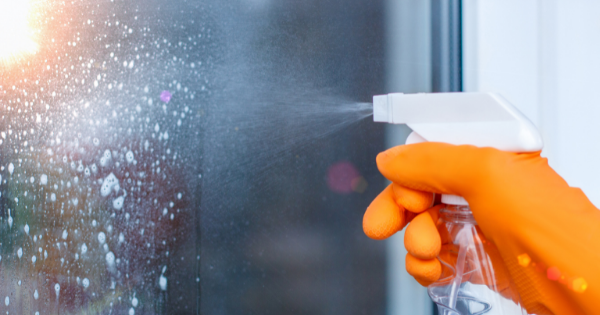
3. Avoiding Long Showers
Water gradually strips the skin from its natural oils which causes it to become dry, cracked, and tight. Aim for short fifteen-minute showers with warm, not hot water.
4. Avoid Using Too Much Soap
Instead, use soap for body parts that tend to become smelly like your feet, bottom, armpits, and groin. The rest of your body will get clean using water only. Also look for gentle soaps and avoid any products that contain fragrance, antibacterial ingredients, dye, or deodorant. I use Dove soap, but sparingly. It does contain fragrance but not as much as other brands.
5. Doing a Skin Patch Test
If you are planning on using new products, including natural or organic ones, it is wise to do a skin patch test first. Add some product to a small patch of skin. If you do not experience any skin irritation or reaction after 72 hours, you know it is safe to use on your skin.
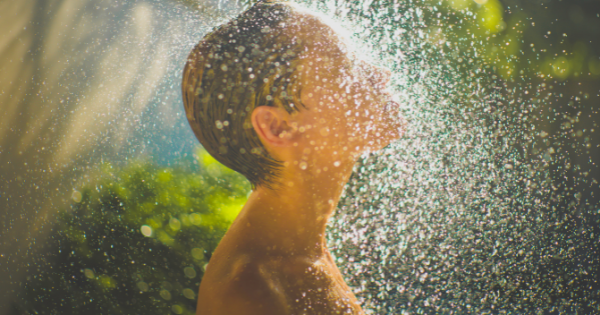
6. Avoid Scrubbing Your Skin
Steer clear from products that contain grit or buff chemicals. According to dermatologists, your skin doesn’t need exfoliation to get clean. It will only end up worsening your symptoms.
7. Avoiding Certain Foods
Some individuals who suffer from eczema, also have food allergies. Not every person has the same food allergies or will have issues with the foods mentioned below. However commonplace food allergies linked to eczema include:
- Eggs
- Nuts
- Cow’s milk
- Shellfish and fish
- Soy Products
Eating particular foods do not necessarily cause eczema, but it can trigger flare-ups in those who already have eczema. Eating an eczema-friendly eating plan might help with managing your symptoms and avoiding flare-ups.
8. Avoid Fragranced Beauty Products and Toiletries
Numerous beauty products are popular because of their fragrant smells. However, certain ingredients that are added to products to give them their fragrant aroma, are not skin friendly. The same applies to products with dyes, alcohols, or soaps. Remember this includes body wash, shampoo, shower gels, and soaps. I also use perfume sparingly and only occasionally.
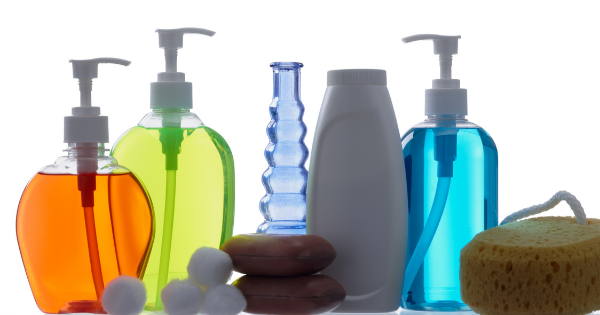
9. Using Skin Friendly Detergent
The detergent and fabric softener that you use for doing laundry can also contain ingredients that can irritate your skin. Try to use non-bio detergents that are skin friendly.
10. Avoid Wearing Certain Fabrics
I hardly ever wear synthetics or wool fabrics because they tend to lead to itching. Wool can even result in an allergic rash because some types contain lanolin. Rather go for fabrics like silk and cotton that are gentler on the skin.
11. Dodging Nickel
I bet you didn’t know that nickel is one of the most common culprits that triggers flare ups. Nickel is found in everyday items, from clothing fasteners, jewelry, to eyeglasses. Rather opt for accessories that are hypoallergenic whenever possible.
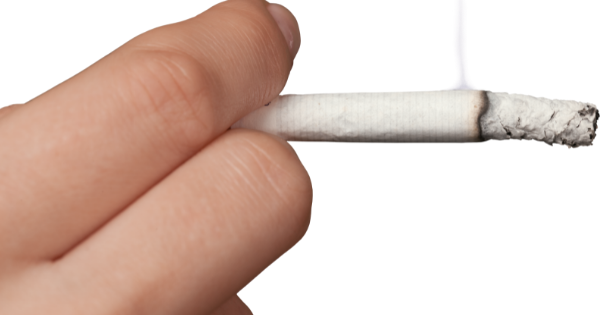
12. Stop Smoking
Not only is smoking bad for overall health, it also aggravates skin reactions, particularly for those that have psoriasis. It could also result in the skin taking longer to heal from skin issues.
13. Moisturize Regularly
Dry skin is the number one cause for skin irritation. It can result in eczema flare up. An excellent way to prevent your skin from drying out is to trap moisture inside it when wet.
Use a gentle and thick moisturizing cream or ointment after a bath to keep your skin moisturized and more supple. I sometimes apply coconut oil. Coconut oil has numerous health and beauty benefits. However, some people might be allergic to it, so it’s best to do a skin patch test beforehand to make sure you can use it as a moisturizer.
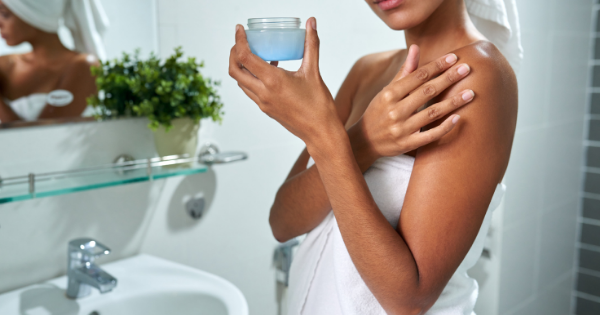
14. Keeping Stress Levels Low
Everybody gets stressed out because of personal or work-related issues. Stress can negatively impact your physical, emotional, and mental health. It also causes flare ups. Try some relaxation exercises like exercising, good sleeping habits, and a healthy diet which will promote overall health.
Conclusion
I hope these 14 useful tips for sensitive skin have been an eye opener and that implementing some of them will help you with managing any skin issues you might have a little better.
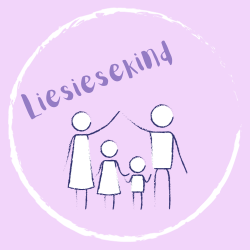
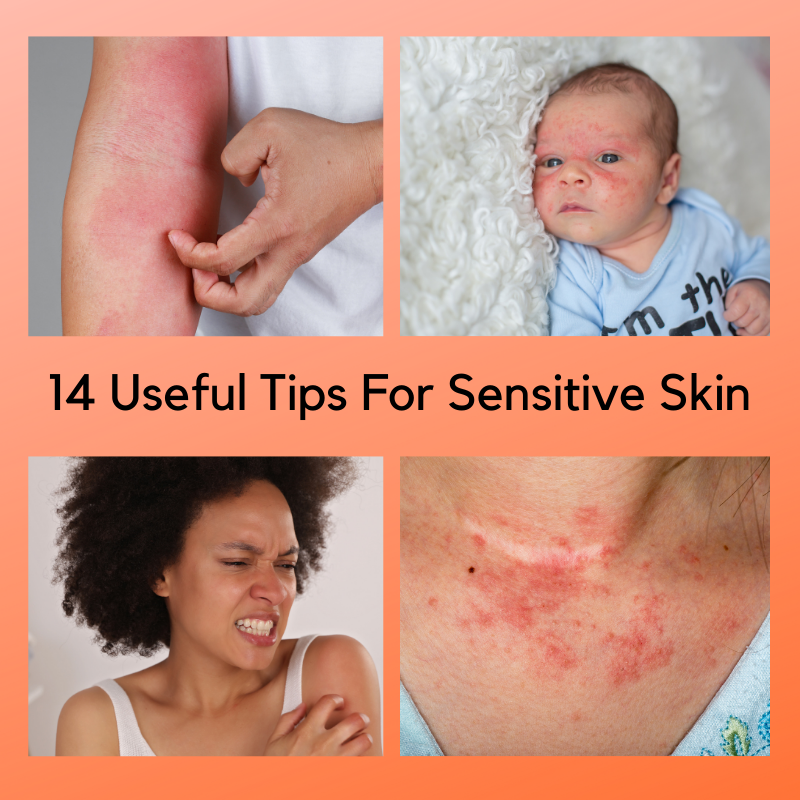
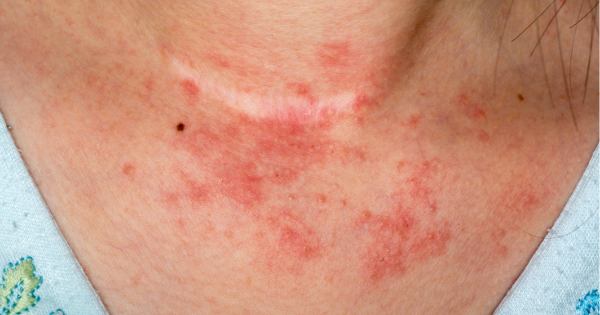
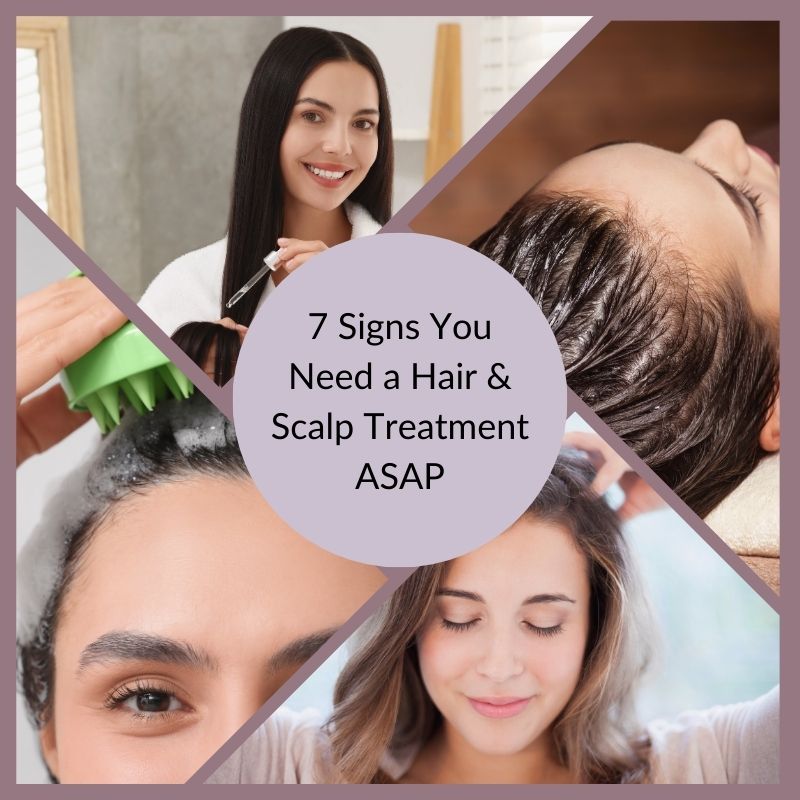


Be the first to reply